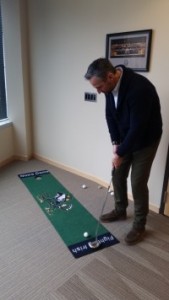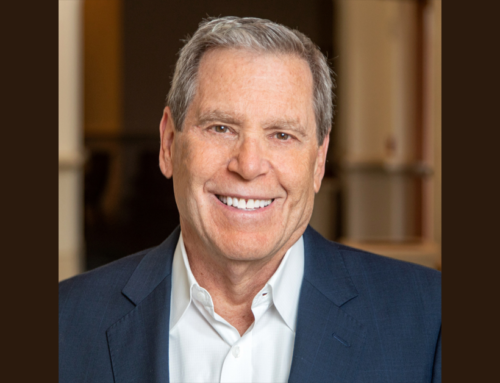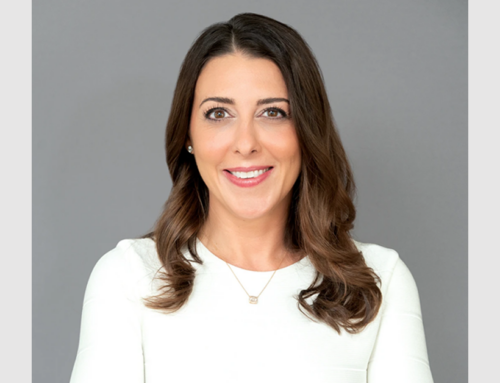Financial planning as practiced today is going away and will be replaced by an entirely new way of interacting with and delivering value and connection to clients. Generational and society changes coupled with technology advancements make it imperative that advisors rethink their core proposition.

Phil Cunningham: The biggest asset you have is your skillset, it is your own personal human capital.
In today’s show, I chat with Phil Cunningham, CEO of Advicent, the global provider of technology solutions for the financial services industry. You may know them better through their products including NaviPlan®, Profiles™ and Figlo™ financial planning tools, the Advisor Briefcase® marketing tool and the Narrator™ application builder. Advicent has about 100,000 advisor clients across North America so Phil has a bird’s-eye view of what’s happening in the fintech space.
Our conversation took place at Advicent’s global headquarters just outside Milwaukee, WI and covers the spectrum including:
- The changing role of the financial advisor (See: Going beyond money management to make a deeper client connection).
- How advisors can stay relevant and add value.
- The impact of technology on the client experience, managing your business, marketing it, and advising clients.
- What “big data” means for advisors and how you’ll benefit from it (See: Jud Bergman discussing big data).
- Where financial planning fits into the equation and how the definition of financial planning is changing radically.
- What you should do with Robo-technology to benefit from it instead of being threatened by it.
- How to compete against a big brand like Vanguard.
Quotes From Phil Cunningham
- Account aggregation is table stakes. I think big data, for it to be valuable for an advisor, has to go beyond that. It’s about pulling in all kinds of data beyond financial transactions and populating a dashboard and alert system that advisors can act on (See: Simon Roy discussing an advisor dashboard and alert system). It’s about providing business intelligence that enables an advisor to run a better business and deliver an extraordinary experience.
- You shouldn’t think of robo-technology as either-or and you shouldn’t be scared of it. I think advisors should embrace it and I think they should understand where it could fit in their practice. Do you want a full robo-type practice or do you want a digital experience that is backed by a human advisor?
- In the future, you’re definitely going to see more self-service advice, more collaborative planning and you’re going to have human interaction go down a little bit. Probably in the grand scheme of things, human interaction may go down considerably, but in all those scenarios, there’s still going to be an advisor connected to it.
- If I had to define client experience in one word, that word is feeling. It’s a feeling. You want to create a good feeling with the client, a hassle-free experience (See: Paul Santello on how to build a brand and experience that connects with your clients).
- As far as planning and delivering a plan, I think that’s where advisors have the biggest upside in the use of technology. You can use technology to create the ultimate client experience.





